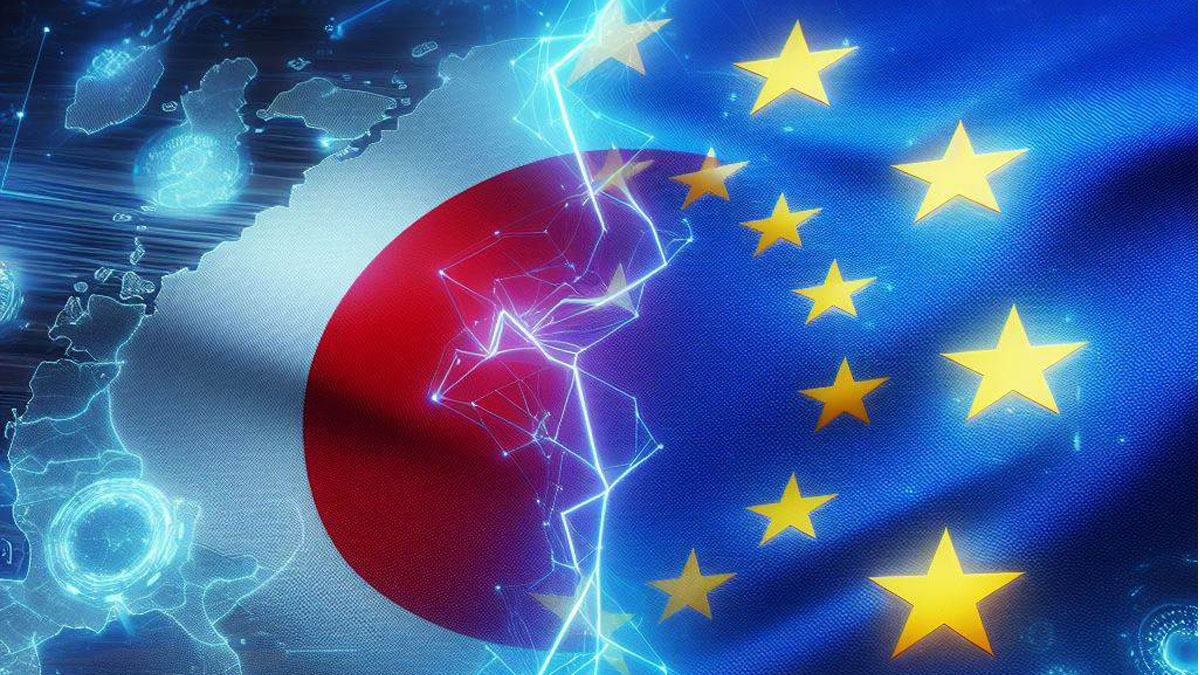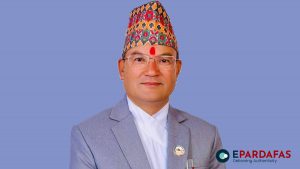
Japan and EU Unite to Counter China’s Market Dominance with New Economic Security Plan

Japan and the European Union are set to announce a collaborative strategy aimed at strengthening international economic security. This plan arises amidst growing concerns over the surge of low-cost products from China, which are believed to be impacting global market dynamics and the sustainability of supply chains.
The upcoming joint statement, expected to be issued in May during high-level economic discussions in Paris, will mark the first concrete step taken by Japan and the EU to address these issues together. The discussions will be attended by prominent figures such as Japan’s Foreign Minister Yoko Kamikawa, Economy, Trade and Industry Minister Ken Saito, and Valdis Dombrovskis, the European Commission’s Executive Vice-President.
Central to their strategy is the development of international principles designed to prevent overdependence on any single country for critical resources like semiconductor chips, while also promoting environmental sustainability and cybersecurity in procurement and manufacturing processes. This move reflects a broader attempt to mitigate risks associated with concentrated supply chains and to foster a more resilient and transparent global trade environment.
The principles outlined are expected to include stricter guidelines for public procurement and subsidies for private enterprises, focusing on environmental protection and the diversification of supply sources. This shift comes in response to increasing dominance of Chinese firms in sectors such as electric vehicles, solar panels, and semiconductor manufacturing, aided by aggressive pricing strategies and substantial government subsidies.
Despite these tensions, both Japan and the EU recognize China as a vital trade partner. Rather than cutting off from Chinese products entirely, the strategy will focus on “de-risking” by reducing dependency on Chinese goods for strategic and key technologies, aiming for a balanced approach that ensures economic security without resorting to protectionism.
Officials also aim to garner support from the United States and other like-minded nations, calling on the Group of Seven and emerging economies in the Global South to join in promoting these principles. The ultimate goal is to establish fair competition on a global scale, emphasizing cooperation and transparency.
This strategic pivot highlights a growing recognition of the need to secure economic interests while maintaining strong and fair international trade relations. The outcome of the Paris meeting and the subsequent implementation of these principles could significantly influence global economic policies and trade practices in the coming years.












Comments